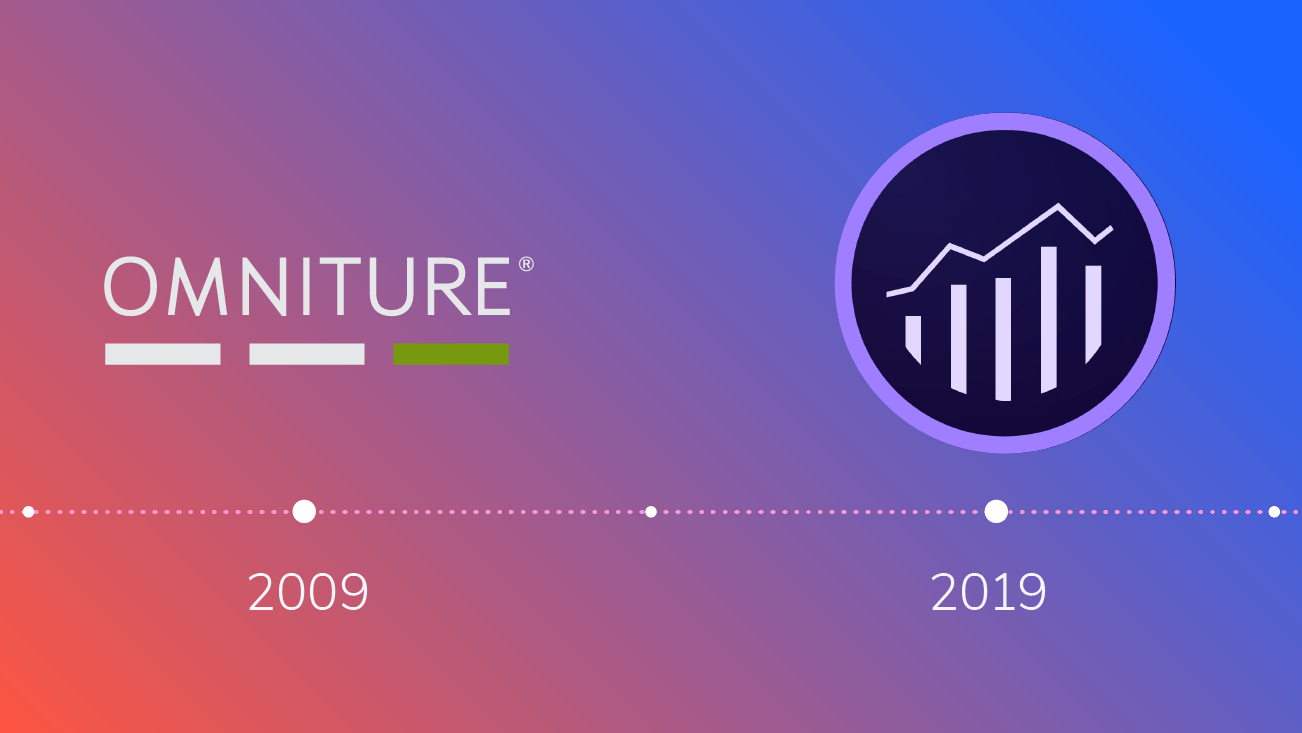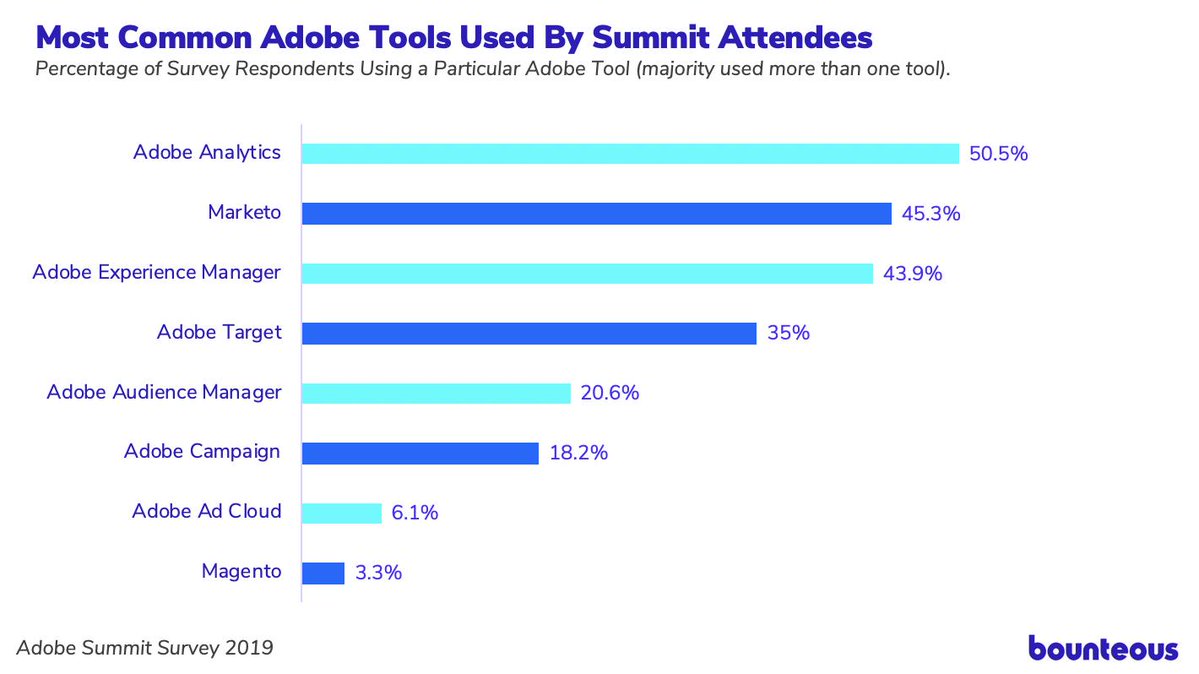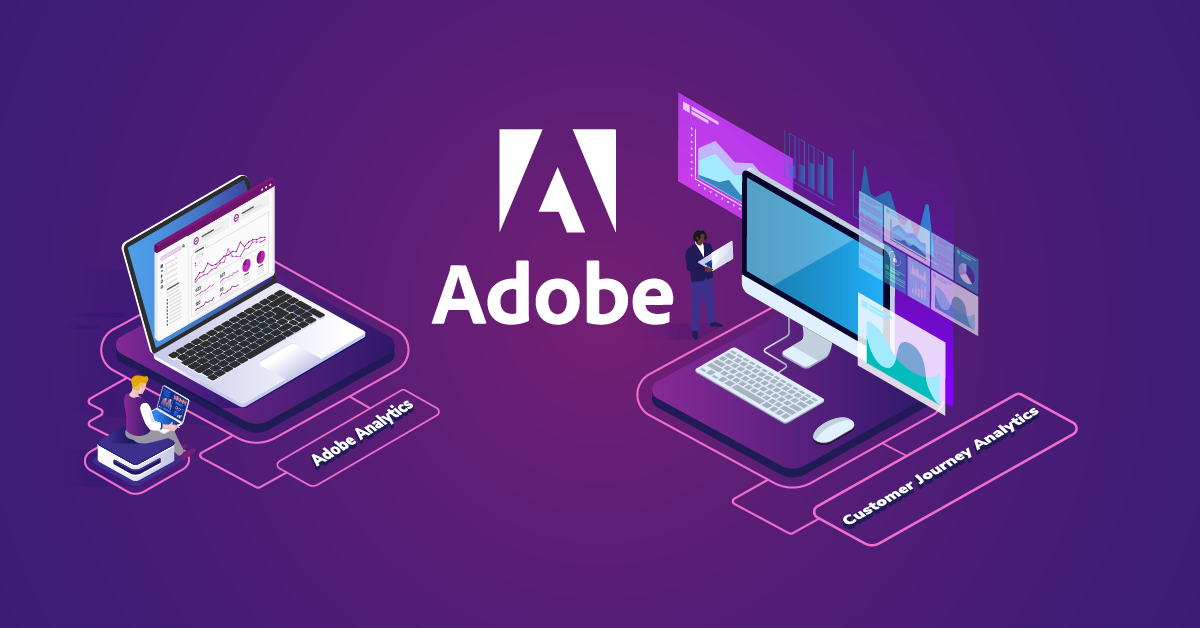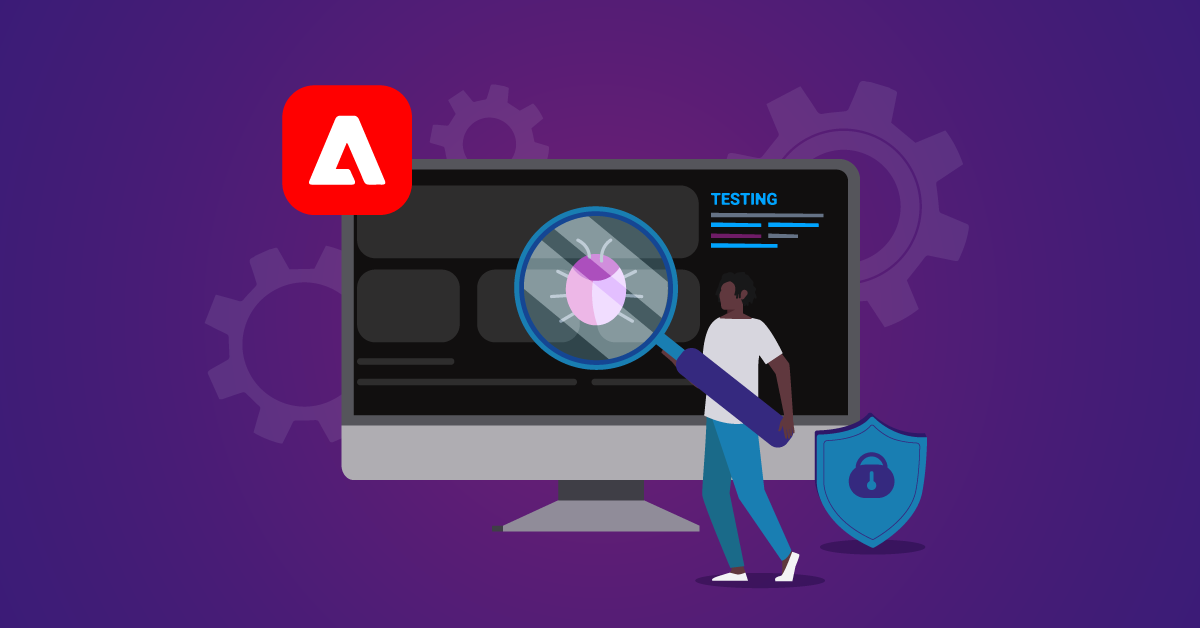From Omniture to Adobe Analytics: Ten Years After Adobe’s Investment in Data

Adobe has strategically acquired more than 50 companies in an effort to further its vision as an industry-leading digital experience company. One move, in particular, is seen as a catalyst for Adobe’s growth and continued success. Ten years ago this week, Adobe CEO Shantanu Narayen and his team announced the acquisition of a leading online marketing and web analytics business Omniture, now known as Adobe Analytics.
Some industry experts questioned the acquisition at the time, but Narayen quickly brought them up to speed outlining Adobe’s vision for the future of digital experiences. In an official statement about the acquisition, he highlighted, “For designers, developers, and online marketers, an integrated workflow—with optimization capabilities embedded in the creation tools—will streamline the creation and delivery of relevant content and applications.” The acquisition marked the beginning of the creation of a new digital future.
Creating a New Digital Future
Omniture was the first major move in Adobe’s quest to build the leading cloud software company in the industry. The Omniture solution evolved and soon became known as Adobe Analytics. The offering is built on a recognized need to create experiences rooted in end-user preference and provides a set of tools that can build, manage, measure, and optimize digital experiences.
The deal was finalized nine months prior to the purchase of Day Software, which later became Adobe Experience Manager (AEM), the Adobe Experience Cloud’s foundation. By highlighting this, the industry recognizes Adobe’s commitment to data and early understanding that data is at the core of its solutions
A clear understanding of data’s power in shaping and optimizing customers’ digital journeys has remained a priority for Adobe from the start. Soon after the acquisition, Adobe Analytics was added to Adobe’s education program, including partner certifications and specializations.
Our team members have similarly recognized the importance of data. We have collectively earned the required number of certifications to achieve the Adobe Analytics specialization. Partners with this specialization are recognized for achievement in technical expertise, implementation proficiency, and customer success across the Adobe Analytics platform.
From Omniture to Adobe Analytics
Adobe and its partners continue to take advantage of Adobe Analytics to create the essential integration between creatives, content, and data. The continued impact of the Omniture acquisition and the growing role of Adobe Analytics across the Adobe Experience Cloud will play a major role as the industry looks to the future of Adobe.
The core concept of the analytics offering has not changed over the years, but Adobe Analytics has facilitated considerable, industry-leading upgrades in an effort to remain one of the best commercial analytics tools on the market. These advancements include, but are not limited to:
- Customer Journey Analytics brings together customer data across touchpoints
- Analysis Workspace capabilities provide an easier interface for exploring data
- Native integration with Adobe Target and Adobe Audience Manager
- Contribution Analysis and Anomaly Detection with Adobe Sensei
- DTM acquisition resulted in the elimination of on-page analytics implementation and is now being replaced with Launch, Adobe’s next-generation tag management solution
With these advancements top-of-mind, our team has seen, implemented, and continued to monitor improvements in the ways we collect data, how we analyze that data, and the role those findings play in measuring and optimizing successful digital experiences. Data collection, analyzing, and measurement has seen impressive advancements over the last ten years and will continue to become increasingly important to the success of the end-users’ online journey.
Prior to Adobe Summit 2019, we conducted an independent survey to determine which Adobe platforms are most commonly used by Summit attendees. Summit covers topics across the Adobe Experience Cloud, and the majority of respondents to our survey said they use more than one Adobe tool. However, Adobe Analytics led the pack, further proving its industry-wide value.
A Greater Ability to Personalize
The industry is faced with an endless amount of data siloed across many disparate solutions as companies aim to measure and impact digital journeys. Adobe recognizes this challenge and emphasizes a focus on data management and data science. Data science capabilities powered by Adobe Sensei quickly assess the available data, recognize patterns, and identifies what information is most useful to help users efficiently manage their data.
By doing so, brands can understand and connect with customers on a very personal level. To continue to drive growth with this information marketers need to capture and incorporate their preferences across touchpoints. Identifying the most valuable data and utilizing the various ways Adobe Analytics feeds into the other Experience Cloud tools, like Target and Audience Manager, has helped Adobe pave the way for a greater ability to personalize content, improve experiences, and target messaging.
Looking to the Future
The core concept of the Adobe Analytics platform remains unchanged, but the logistics of its operation continuously improve and evolve to create digital experiences that meet the needs of customers across industries. We are excited about the path Narayen and his team has chosen and look forward to continuing to support and impact the future of the Adobe Experience Cloud and Adobe Analytics’ role in measuring, personalizing, and optimizing industry-leading digital experiences.



